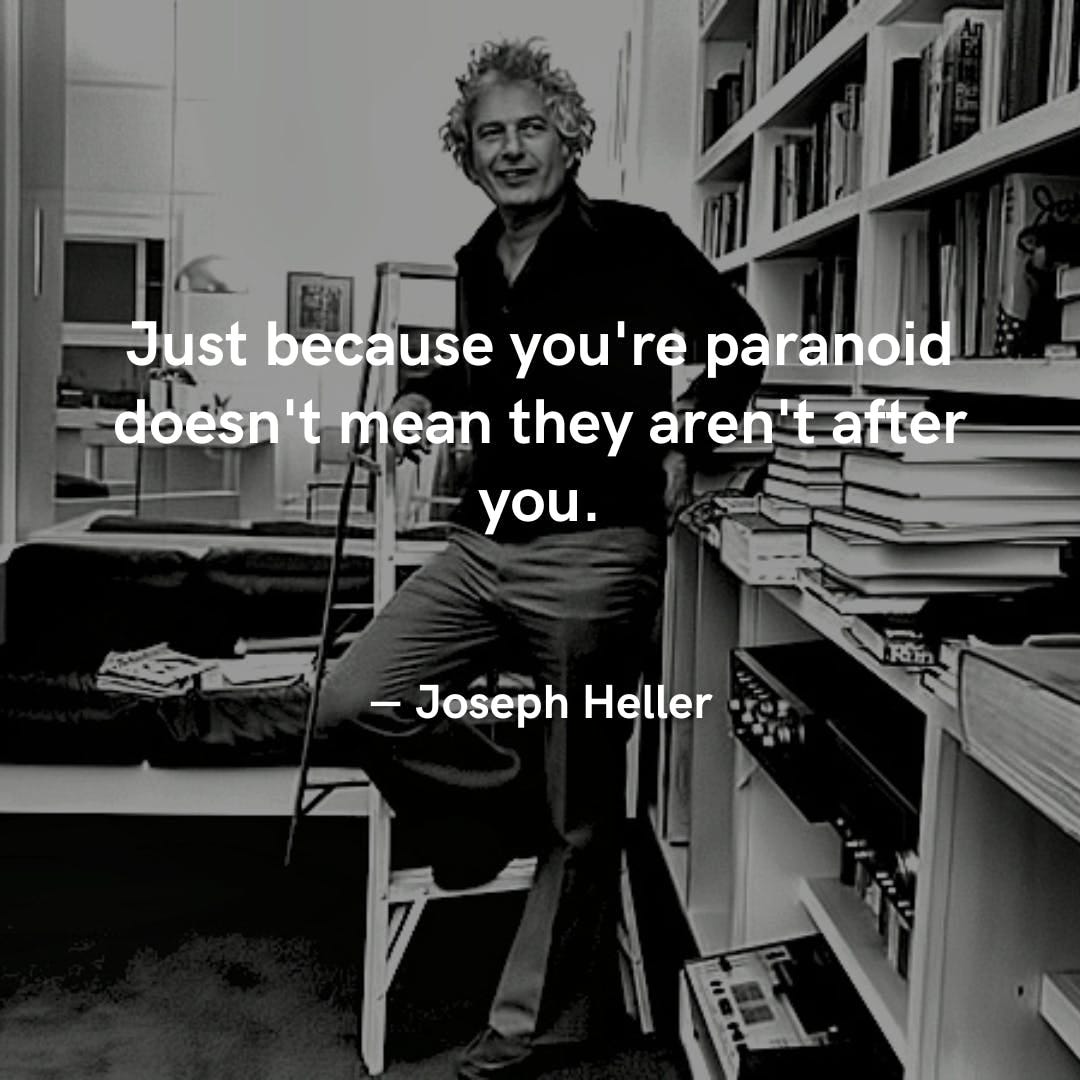In 1996, toward the end of his struggle with a terminal case of blood cancer, astronomer and public educator Carl Sagan sat down with interviewer Charlie Rose to discuss his book, The Demon Haunted World.
In one arresting moment, Sagan — a famous and outspoken skeptic of superstition—made a surprising and moving admission.
More than a decade after his beloved parents had died, Sagan said, he still occasionally heard their voices calling in his ear.
“Carl!”
As he describes this experience to Rose, his face gets a faraway, wistful look.

And then his gaze hardens, and he describes this experience, which he wishes signified more, as simply “an auditory hallucination.”
It shows both the firmness of Sagan’s intellectual convictions. (That extraordinary experiences require extraordinary evidence.)
And it’s a poignant insight into the pain he felt in rejecting beliefs in the life hereafter that, for many, are an immense source of hope.
Why do I share this?
This week I’m reflecting on trust.
Trust is the assumption of confidence you make in uncertainty.
But nobody wants that extension of trust to result in getting fooled.
Scammed.
Humiliated.
My impression is that the pendulum has swung heavily against trust in daily life in America.
When I was a child in the 1980s,
We almost never locked the doors.
Children roamed the neighborhood untended
Sleepovers at strangers’ houses were common
Newspapers and TV broadcasts were seen as trustworthy
Even polarizing politicians were not widely (or at least publicly) hated
It wasn’t utopia by any means. Crime in Philadelphia was terrible (now, sadly, it’s back to that state), but in my bubble, the presumption in most interactions with strangers was that you would be treated decently.
Now we’re all too familiar with frauds that pervade our semi-virtual daily lives. For fear of being scammed, we regard ambiguity with suspicion of distrust.
The neighbor said she’d watch the house while I’m traveling. I’ll call her to make sure she’s doing what she says.
Here’s why this doesn’t work in the long run:
Our assumptions filter reality.
Universal distrust guarantees that your worst expectations will be fulfilled.
Being open to the possibility of wonderful surprises is the only way you will ever perceive them.
Of course, I’m not naive.
There are people trying to manipulate you. You need to be aware of techniques used to do it.
In my career, I’ve seen (and used) tactics to frame perception that don’t show the whole picture.
I’ll be telling more of those stories in this newsletter soon.
What I'm Enjoying
Watch the full Sagan interview to hear about his ideas on science and the importance of skepticism in a democracy.
What I'm Working On
People have asked me how to get the attention of "A-list" accounts on Twitter.
They see that I’ve had posts liked by actors (John Cusack, Rob Schneider, Alexandra Daddario, etc.) as well as Elon Musk and wonder how it happened.
I see a lot of mistakes people make. It’s simpler than you think—but you need to know what to do.
I’m working on a webinar to give advice on what worked for me to help people get noticed by the A-listers of their niche.
Stay tuned for more.
As always, please let me know what you think.
Until the next time, thanks,
Ben
PS - Have a friend who might be interested in this newsletter? Please forward it along and invite them to subscribe.




